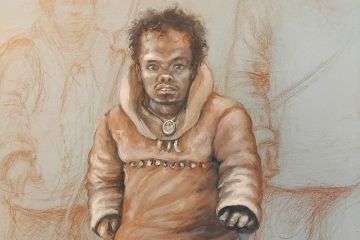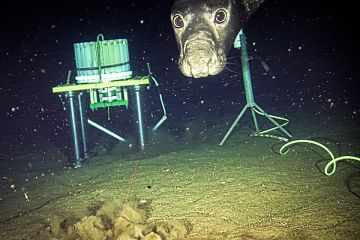Four 2020-21 UVic Banting fellows
Social Sciences, Fine Arts, Science
From studying fossil records to understand the human impact on ecosystems to deploying safer supply programs to counter toxic drugs, University of Victoria researchers are recipients of four new Banting fellowships. The federal program is designed to build world-class research capacity by recruiting top-tier postdoctoral researchers at an internationally competitive level of funding.
Together with Canada’s federal granting agencies, Innovation, Science and Economic Development Canada announced the results of the 2020-2021 Banting Postdoctoral Fellowships and Vanier Canada Graduate Scholarships competitions on Thursday.
The two-year Banting fellowships are worth $70,000 per year. They are open to both Canadian and international researchers who have recently completed a PhD, PhD-equivalent or health professional degree and other eligibility criteria.
Fossil records and human impact on ecosystems
Kristina Barclay, biology and anthropology
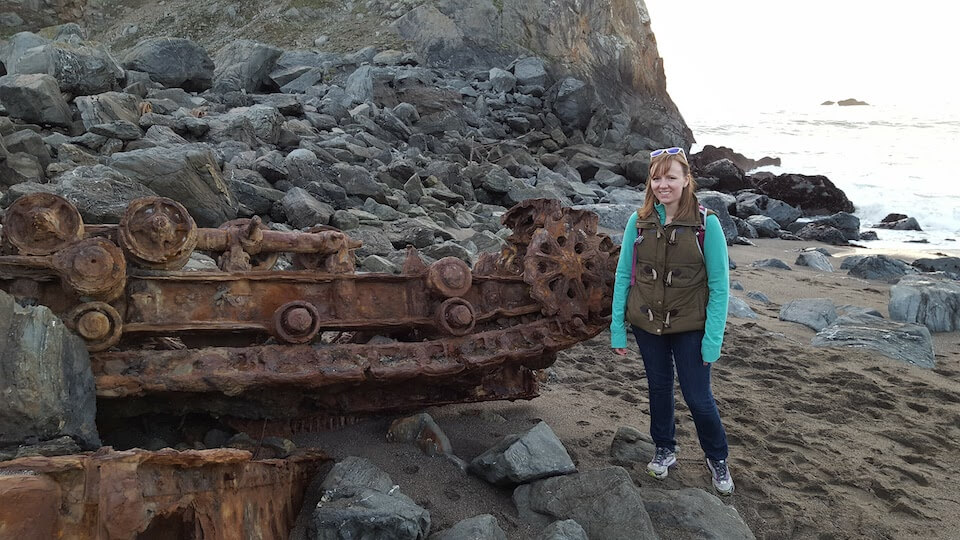
Postdoctoral fellow Kristina Barclay is investigating the evolution of crab populations in the first Canadian marine-resource implementation of conservation palaeobiology, a rapidly developing interdisciplinary field.
“Conservation palaeobiology is an exciting emerging field,” says Barclay. “We use fossil and historical records to help us understand human impact on ecosystems. If we know how things have changed in the past, we can better prepare for the future.”
Co-supervised by conversation marine biologist Julia Baum and anthropologist Iain McKechnie, Barclay will examine crab prey through the prehuman (fossil), pre-industrial (archaeological), and industrial periods to understand crab responses to human exploitation and climate change. Escaped crab prey are physically scarred. Crab prey (like snails) carry their life story on their shell as it grows throughout their life. Scar locations indicate how big prey were during each failed attack, indicating maximum crab size and health in the population. Bigger scars mean stronger crabs. By comparing these “scar stories” in living and ancient prey populations, Barclay hopes to reveal the current status, and long-term history, of BC’s crab fisheries. The study could inform sustainable management policies.
“I’m very excited to help conserve BC’s crab resources for future generations,” says Barclay.
Studying the centre of stars
Simon Blouin, physics and astronomy
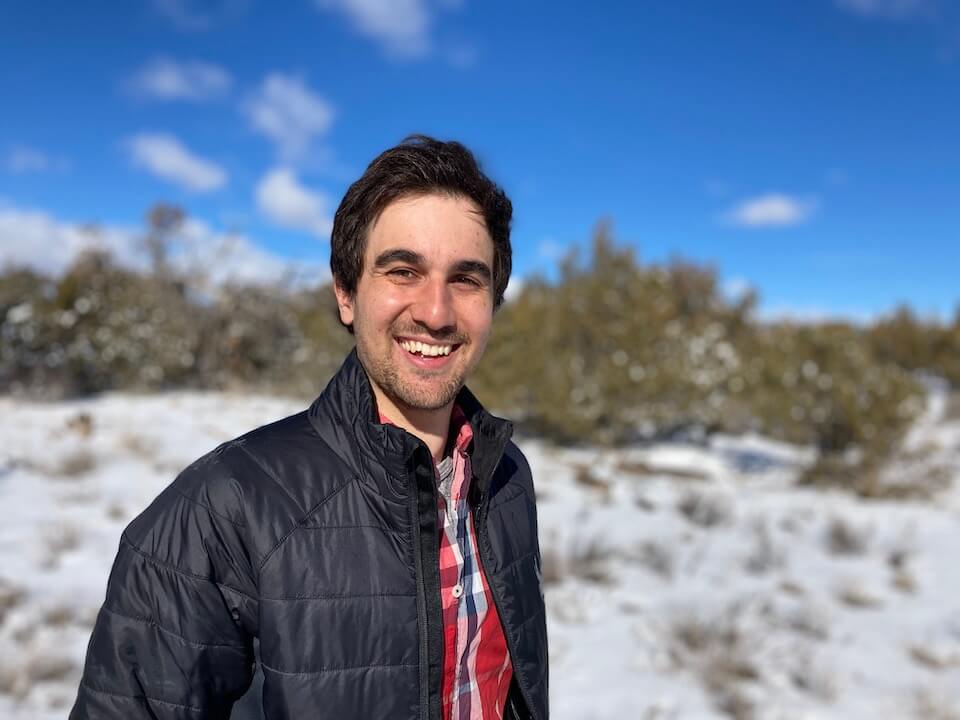
Do the insides of stars churn like soup or are they layered like an onion? Postdoctoral fellow Simon Blouin is journeying to the centre of a star to find out, metaphorically speaking.
Supervised by physicist Falk Herwig, Blouin is using North America’s fastest supercomputers—including Canada’s most powerful supercomputer, Niagara—to construct the first three-dimensional, dynamic-fluid simulations of helium fusion in star cores. He will compare the computer simulations to measurements of oscillations in stars taken from new space-based observatories to reveal the star’s inner structure.
A star's different oscillation modes tell us about its internal structure in a way that its external properties, like brightness and surface temperature, can’t. It’s similar to the way geologists use seismic waves to reveal Earth’s inner structure.
Understanding the inner workings of stars is pivotal to reconstructing the history of our galaxy, discovering life outside our solar system, and understanding how the atoms that form our bodies were synthesized. "Better understanding of what is going on inside those stars will tell us a lot about their future after they run out of fuel and die,” says Blouin, “If we understood the composition of stars when they die as white dwarfs, we could use those dead stars as precise cosmic clocks to determine the age of the universe."
Tuning and temperament as an expressive force
Taylor Brook, School of Music
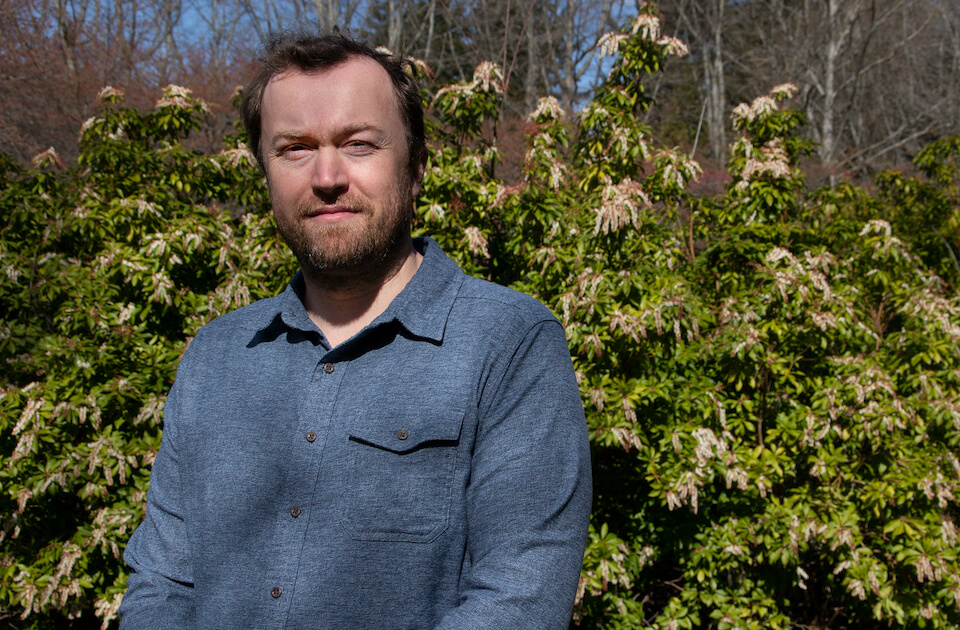
A Canadian composer who writes for the concert stage, video, theatre, dance and robotic instruments, Taylor Brook’s compositions have been performed by ensembles and soloists worldwide. A 2020 Guggenheim Fellow, he has won numerous SOCAN Young Composers awards, including the 2016 grand prize, and has a Doctor of Musical Arts from Columbia University.
His music is often concerned with finely tuned microtonal sonorities, combining his interest in exploring the perceptual qualities of sound with a unique sense of beauty and form. Current projects include a new concerto grosso for the San Francisco-based Del Sol String Quartet with the Partch Ensemble and a concert-length piece for the New York City-based TAK Ensemble.As part of his SSHRC project, he will be writing a new composition for the Aventa Ensemble, to be performed in 2023.
“I am thrilled to begin my research at the University of Victoria as a Banting Fellow. My research will develop a novel framework for cross-cultural musical analysis that overcomes limitations engendered by Western musical notation,” says Brook. “I hope to build a greater understanding of tuning and temperament as an expressive force in music as well as contribute to a broader effort in musicology, composition and music theory to decolonize the curriculum in higher education."
Comparing safer supply in BC and Ontario
Gillian Kolla, Canadian Institute for Substance Use Research
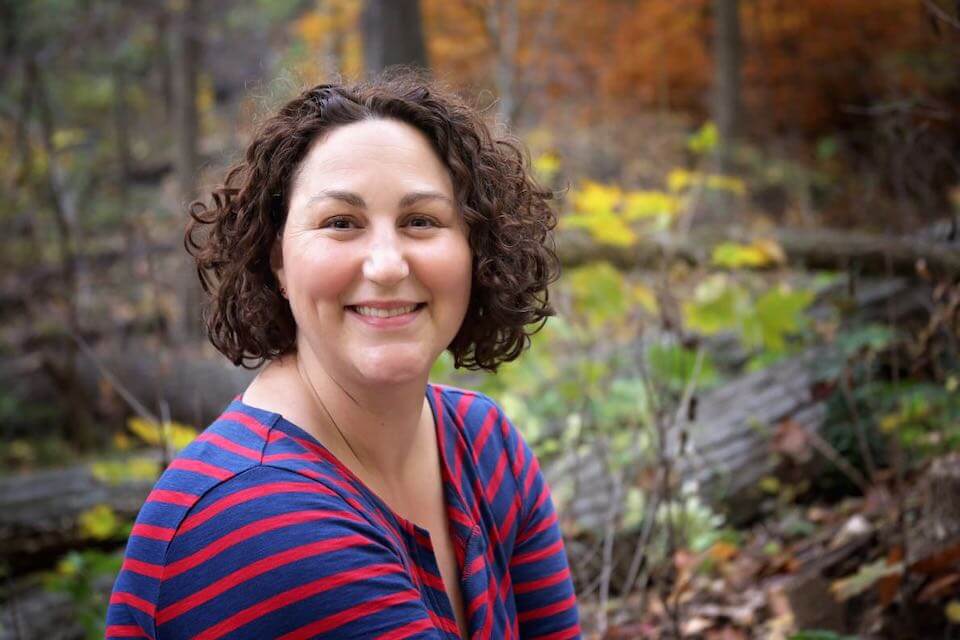
As BC marks five years of the overdose public-health emergency, deaths related to the toxic drug supply continue to climb across Canada, exacerbated by the COVID-19 pandemic. Governments are using newer “safer supply” programs to combat the rising death toll, where people are prescribed pharmaceutical alternatives to illicit drugs. But how effective are they? CISUR postdoctoral fellow Gillian Kolla, already a leading academic voice in the field, will explore and compare the rollout of safer supply programs in BC and Ontario.
The research will use a variety of methods, including interviews with clients and staff working with safer supply, to determine how well these programs are working, and whether the different approaches BC and Ontario are taking lead to different outcomes for people who use drugs.
“These programs have been implemented somewhat differently in both provinces for a variety of reasons, including differences in political climate, institutional support, funding and varying responses to the overdose crisis and COVID-19 pandemic among marginalized populations, such as people who use drugs.” says Kolla. “We hope this research will provide key information for policy-makers and service providers regarding possible scale-up of safer supply across Canada.”
Read the Government of Canada news release.
Read more about the UVic Vanier Canada Graduate Scholarships recipients
Photos





In this story
Keywords: Research, awards, physics, astronomy, climate, anthropology, biodiversity, music, alcohol, addiction, drugs, COVID, CISUR, arts, community, indigenous, international, sustainability, administrative, student-life
People: Kristina Barclay, Julia Baum, Ian McKechnie, Simon Blouin, Falk Herwig, Taylor Brook, Gillian Kolla

